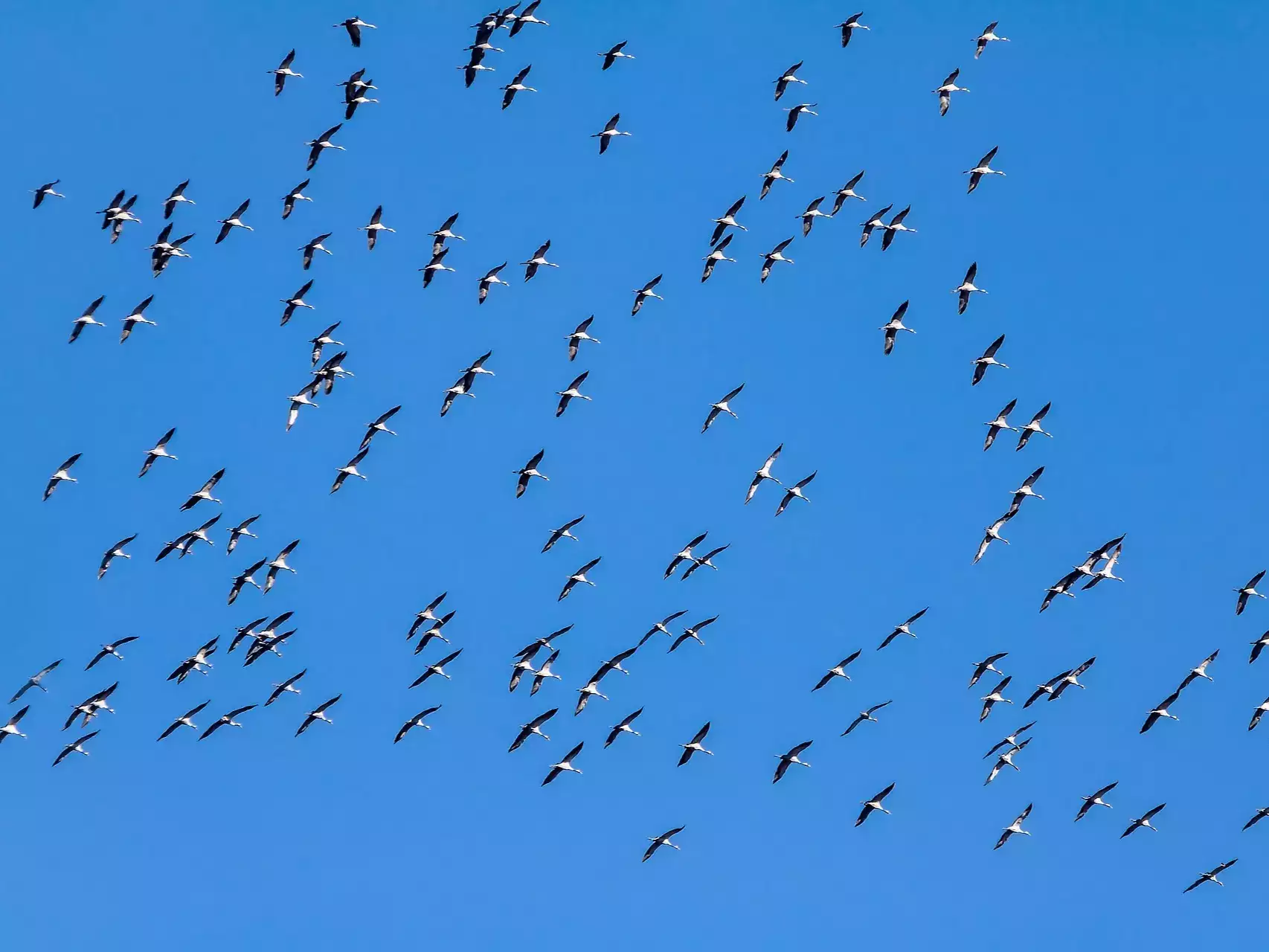Advanced mobile phones have made pocket diaries obsolete, while navigation apps have gradually diminished our ability to recall routes independently. However, it seems that humans are not the only ones facing navigation challenges. A recent study has discovered that birds are also struggling with their own set of navigation problems.
The study examined historical bird migration patterns and Earth’s geomagnetic events, revealing that space weather events are causing significant disruptions in the migration of nocturnal birds. This disruption primarily affects perching birds like thrushes and warblers, but it also impacts other species such as ducks, geese, swans, sandpipers, and plovers.
Unlike humans who struggle to detect magnetic fields, birds have developed organs sensitive to Earth’s magnetic field. This is similar to sea turtles, trout, and many other organisms. With no Bird-Map app at their disposal, many bird species heavily rely on their geomagnetic sense to navigate long distances during their migratory cycles. Unfortunately, solar outbursts and other space disturbances frequently disrupt Earth’s natural magnetic fields, leaving birds without a dependable compass.
Data collected from US Doppler weather radar stations and ground-based magnetometers have shown that 9-17% fewer birds migrate during space weather events in the spring and autumn. Birds venturing out at night face challenges in navigating with their unreliable compasses, especially in autumn when visibility is reduced due to overcast weather. High geomagnetic disturbances not only reduce the migration intensity but also cause disoriented birds to drift aimlessly with the wind. For example, during strong solar storms in the fall, birds migrating across the US Great Plains put in only three-quarters of the effort to battle crosswinds, often leading them to become lost.
Currently, the Sun is approaching the peak of its 11-year solar activity cycle and is already more active than usual. During its peak, the Sun can unleash particle storms that overload Earth’s satellites, radios, and power grids. These storms can also wreak havoc on birds’ journeys. Migration is crucial for birds as it helps them find food, breed, and protect themselves from extreme weather. Therefore, any disruptions to their magnetic sense can have severe consequences and even result in fatalities for many bird species.
The findings of this research have been published in the Proceedings of the National Academy of Sciences and can be accessed here.

I have over 10 years of experience in the cryptocurrency industry and I have been on the list of the top authors on LinkedIn for the past 5 years.

